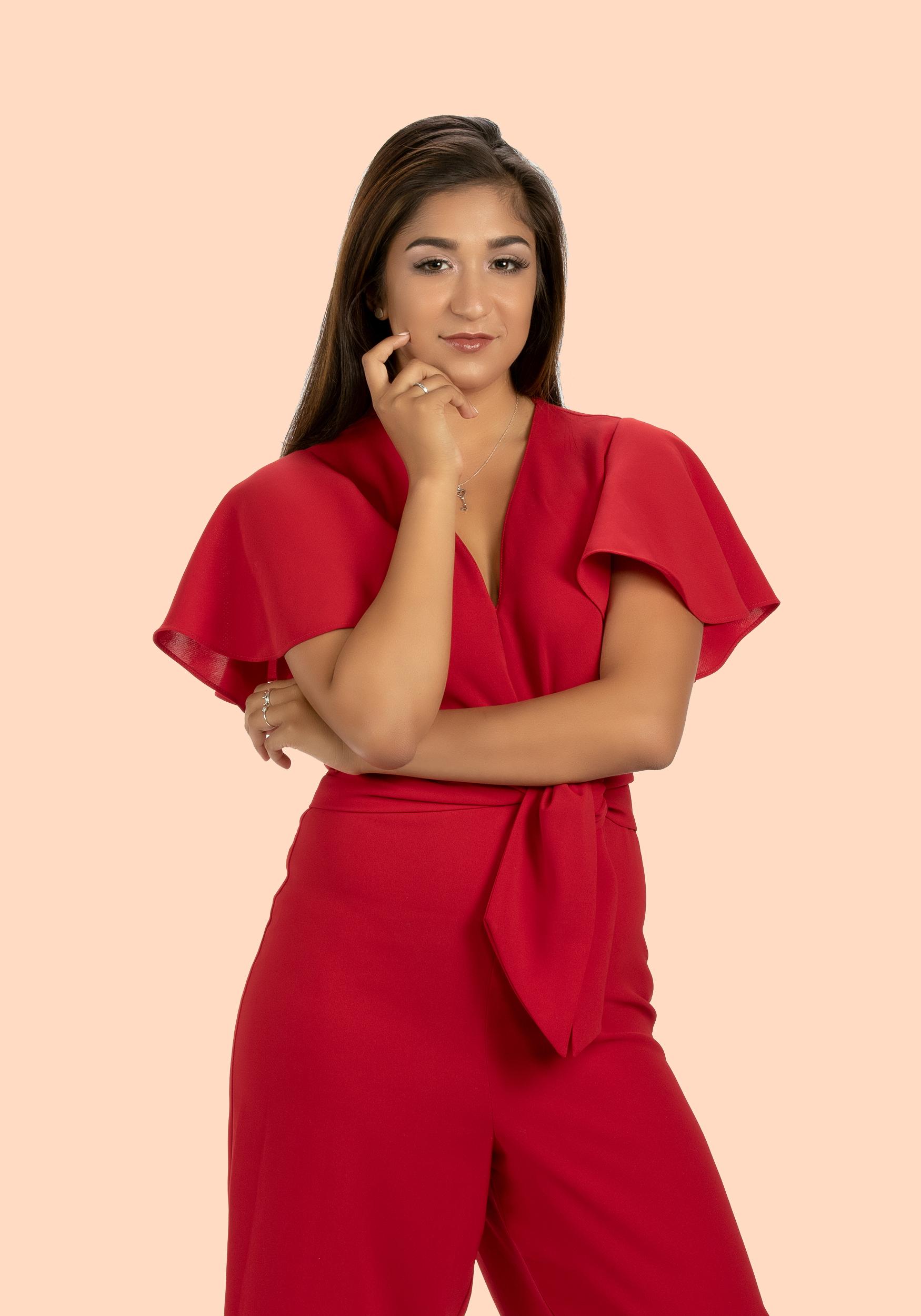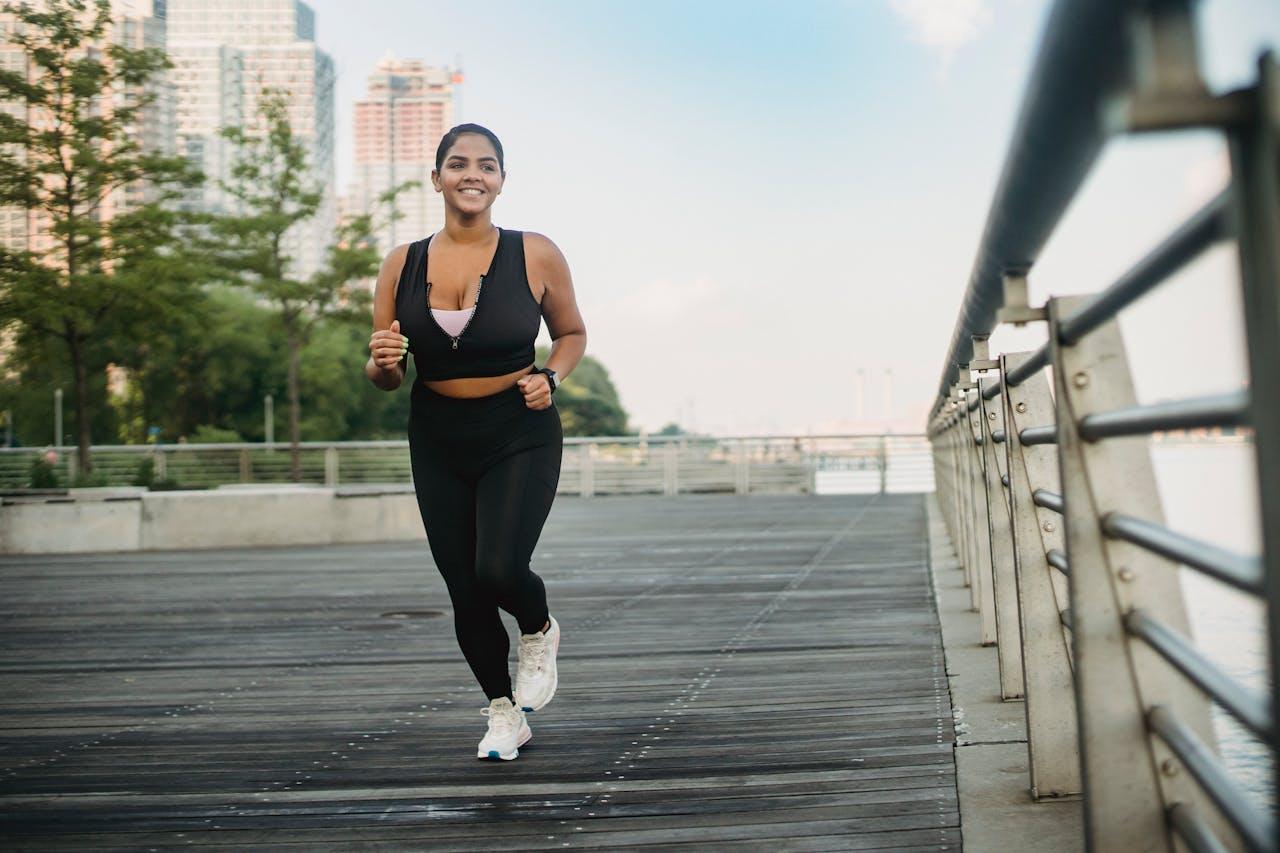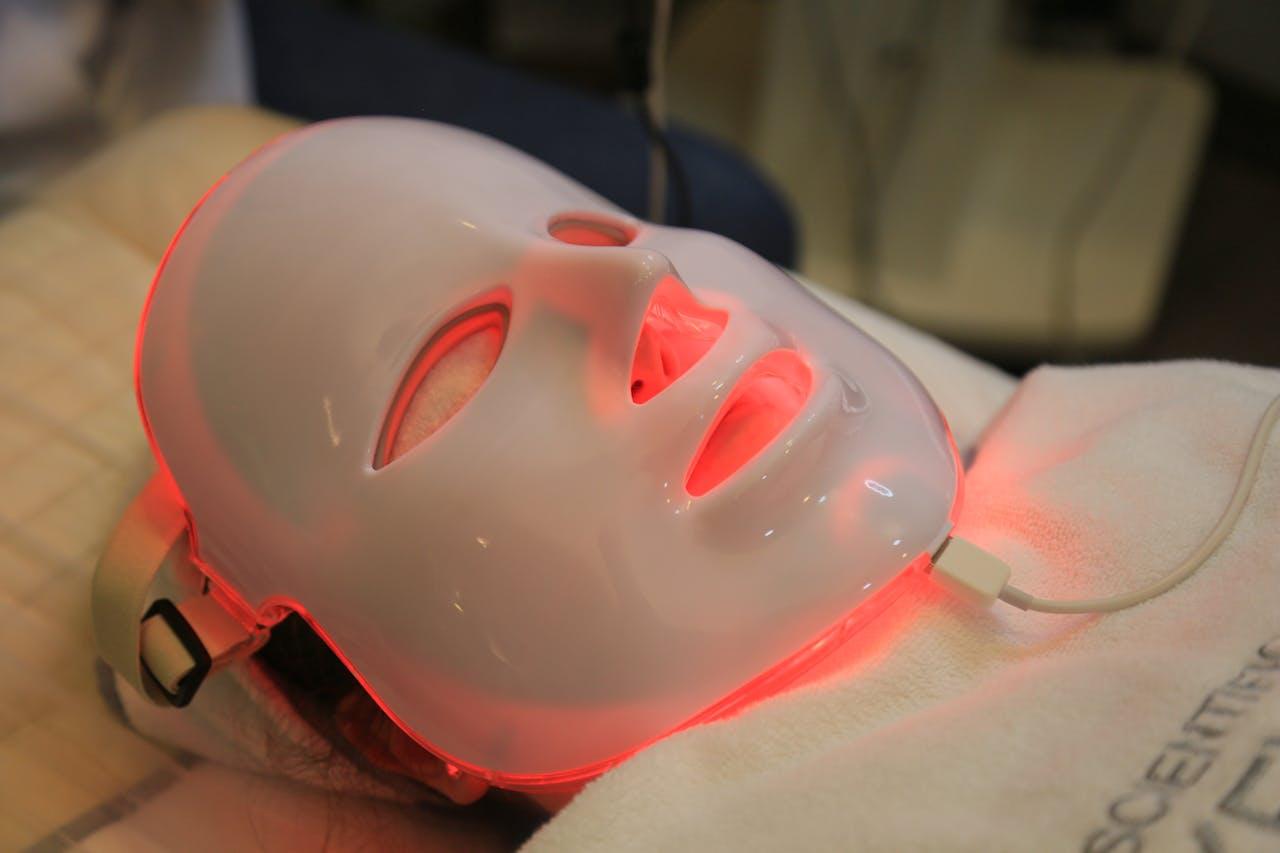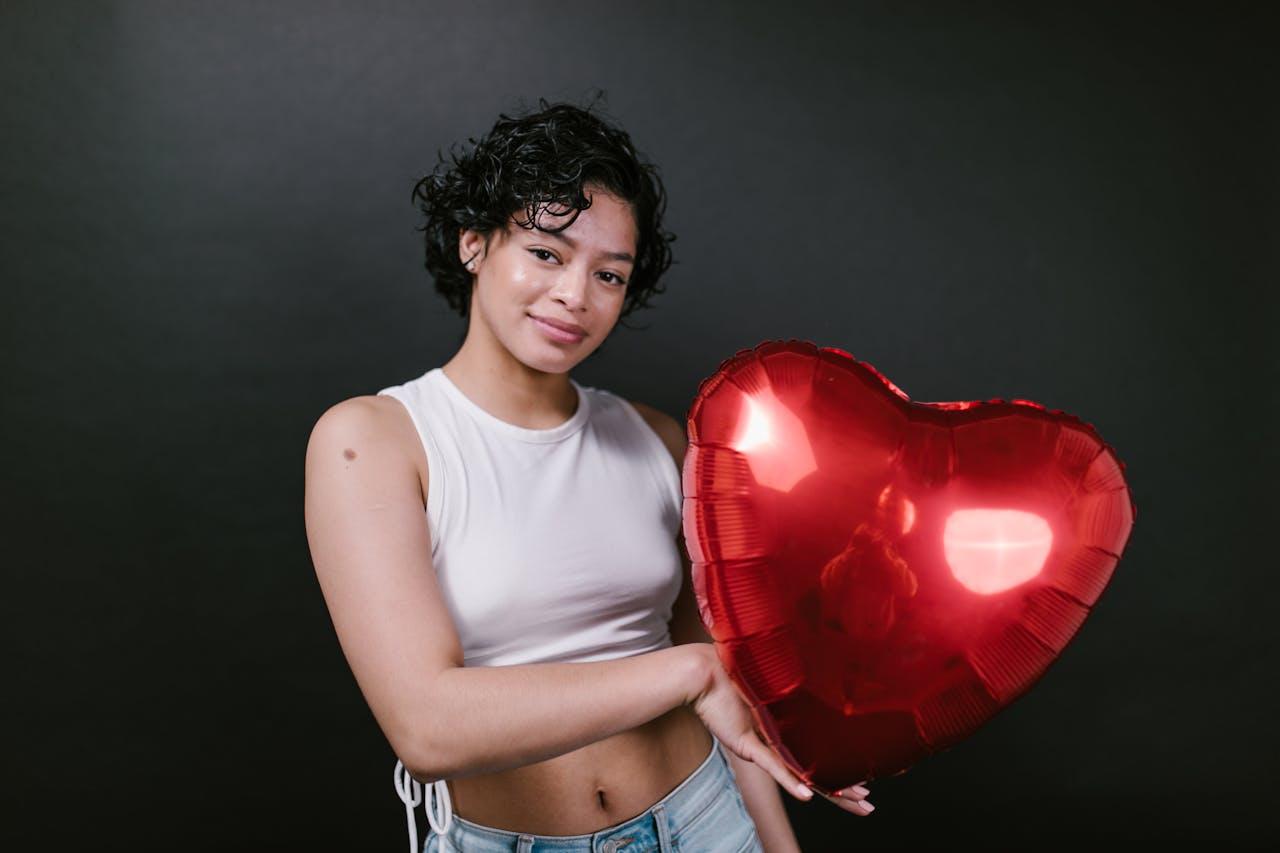Liz Plank asks the hard questions that most media figures shy away from. Plank, award-winning journalist and a former correspondent at Vox Media admits that during the pandemic, the news had negative effects on her mental health. Plank always carried a sense of compassion in her journalism and yet still like many, she struggled during quarantine too.
Her anxiety fueled her to create a show that she needed, Positive Spin. The show is a three-part digital series with NBC News THINK, the opinion and commentary section on NBCNews.com, that makes viewers not only feel good after watching but also challenges them to think about the positives that could come from the pandemic.
Throughout Plank’s career, she’s built a reputation on crafting thought-provoking content on topics of gender, policy, and media. She was named among Forbes’ 30 Under 30 in Media, Mediaite’s Most Influential in News Media, and was ranked as one of the 50 most influential women by Marie Claire. Plank was also named by Apolitical in 2019 as one of the world’s most influential people in Gender and Policy.
Her creative approach to journalism and activism throughout the years not only amplifies unheard voices, but encourages society as a whole, to be the best they can be.

Her Agenda:Almost all your work addresses the topic of masculinity. In an NPR interview with Brent Baughman, it is stated you hate the phrase, “toxic masculinity.” Why? Has your opinion changed ironically since many men are choosing not to wear masks in a global pandemic?
Liz Plank: I have no issue with people who use that term. It’s like I’m vegetarian, I don’t mind if people eat meat, I’m just not going to. I think that everyone should use the term that they want to use and to be completely honest, it has been hard not to use the term. Whether you call it idealized masculinity, archaic masculinity, traditional masculinity, or toxic masculinity, it is a virus. It is literally spread, and it has spread from generation to generation.
This generation of men and boys have the power to stop it. A lot of men, women, and gender non-binary people are joining this movement to be more creative, inventive, and curious about what it means to be a man. But yes, it is 100% toxic, it is 100% dangerous, and it is 100% killing us. Regardless of what we call it, we need to be talking about it. My only reservation with [the term] toxic masculinity is that it was focusing on the problem instead of the solution and a lot of men would walk away the minute I would use that term.
I’m interested in the impact of our activism over anything else. The amount of impact should be how we measure our activism.
-A lot of men, women, and gender non-binary people are joining this movement to be more creative, inventive, and curious about what it means to be a man.
Her Agenda: What inspired the series of Positive Spin? Was any of it inspired by your overlap work with your podcast Heart Homework?
Liz Plank: I left VOX at the end of last year, and launched my own production company. I wanted to start making solution-based journalism content. My goal is to create stories that empower people and energize people rather than deflating them or making them anxious or scared. This was a pre-global pandemic, the news was already really hard to digest for a lot of people. 2020 has been an extremely difficult year. It has been challenging physically, environmentally, in so many different ways.

So I launched the podcast first because I was in quarantine with my producing partner Ashley Bearden and we were just kind of sitting here and we were having trouble digesting what’s going on in the world. We were so desperate for news and to get information about what was going on in the world, but we also were struggling with anxiety and with depression and mental health challenges from the news. So that’s when I just thought I’m going to make the show that I need right now.
So there was a connection for sure in Heart Homework and with Positive Spin. These are two shows that are aimed to take your mental health into consideration in the way we deliver information.

Her Agenda:What was the process of filming this mini-series with producers/videographers with social distancing measures?
Liz Plank: It was such a fun creative challenge! Because of circumstances, [I was] not able to be close to the people I interviewed, we really had to think how we were going to do that. Since Ashley and I were quarantined together, we were really able to collaborate and act as a two women band.
As you see in the episodes, we can’t go to the streets of LA. Visually we didn’t want it to feel like a stay at home show. We didn’t want it to feel like a bummer. I wanted it to be enjoyable to watch. I wanted to be able to connect with the viewer and the viewer to connect with me.
We started Googling different places around LA that we could drive to in order to shoot these videos in isolation. We found this place called, Mt. Disappointment, which was so funny for the dating episode because when we started shooting I was single and I am longer single now because the date I went on went well so we’re still doing that, but not socially distanced at this point.
The interviews I did with my experts were much more intimate and much rawer and authentic than if we had done them in a studio. The production of [the show] was turning a negative into a positive. Having barriers was like the ethos of the show, but we used the barriers and obstacles to make the show even better.
!["The production of [the show] was turning a negative into a positive. Having barriers was like the ethos of the show, but we used the barriers and obstacles to make the show even better." -Liz Plank](https://media.heragenda.com/brand-img/6525/0x0/wp-content/uploads/2020/08/2-1-1024x1024.png)
Her Agenda:Do you think your work with Positive Spin will lead you to a new book idea of dating during COVID-19 and #maskgate? Or, was this simply supposed to raise awareness of how our society might change for the better from all of this?
Liz Plank: I haven’t thought about a new book idea yet, even though the book I wrote that came out in the fall (For the Love of Men: A New Vision for Mindful Masculinity), actually feels more relevant than ever. The definitions of masculinity and how archaic they are in our society hurts women, but it also hurts everybody else. It’s two-fold, men who are tied to the archaic definition of masculinity are less likely to wear a mask. Men who are also tied to this definition of masculinity are less likely to respect stay-at-home orders. They are also 25% more likely to die from the Coronavirus. That’s just baffling to me as a researcher and a writer that we don’t spend every day talking about that and how it trickles down to leadership. The two countries [handling COVID-19 in the worst way] right now are being led by men who are poster children for this archaic definition of masculinity. The countries that have done the best are led by women, or for example, men like Justin Trudeau of Canada.
-The two countries [handling COVID-19 in the worst way] right now are being led by men who are poster children for this archaic definition of masculinity.
I would love to continue the spirit of Positive Spin in as many iterations as possible. I think that people are really craving solutions, they are really craving guides. They want to know what they can do to help and participate in our democracy and in their communities. I’m hoping that it could inspire more projects.
I think that people are really craving solutions, they are really craving guides. They want to know what they can do to help and participate in our democracy and in their communities. I’m hoping that it could inspire more projects.
In everything that I’ve done since I have left VOX, I’ve been really intentional on what I say “yes” to or the project that I pitch. I want to make sure that everything that I do has the intention of being solution-based and if I put on something that makes you feel worse about yourself or worse about the world, then I’m not doing my job.










